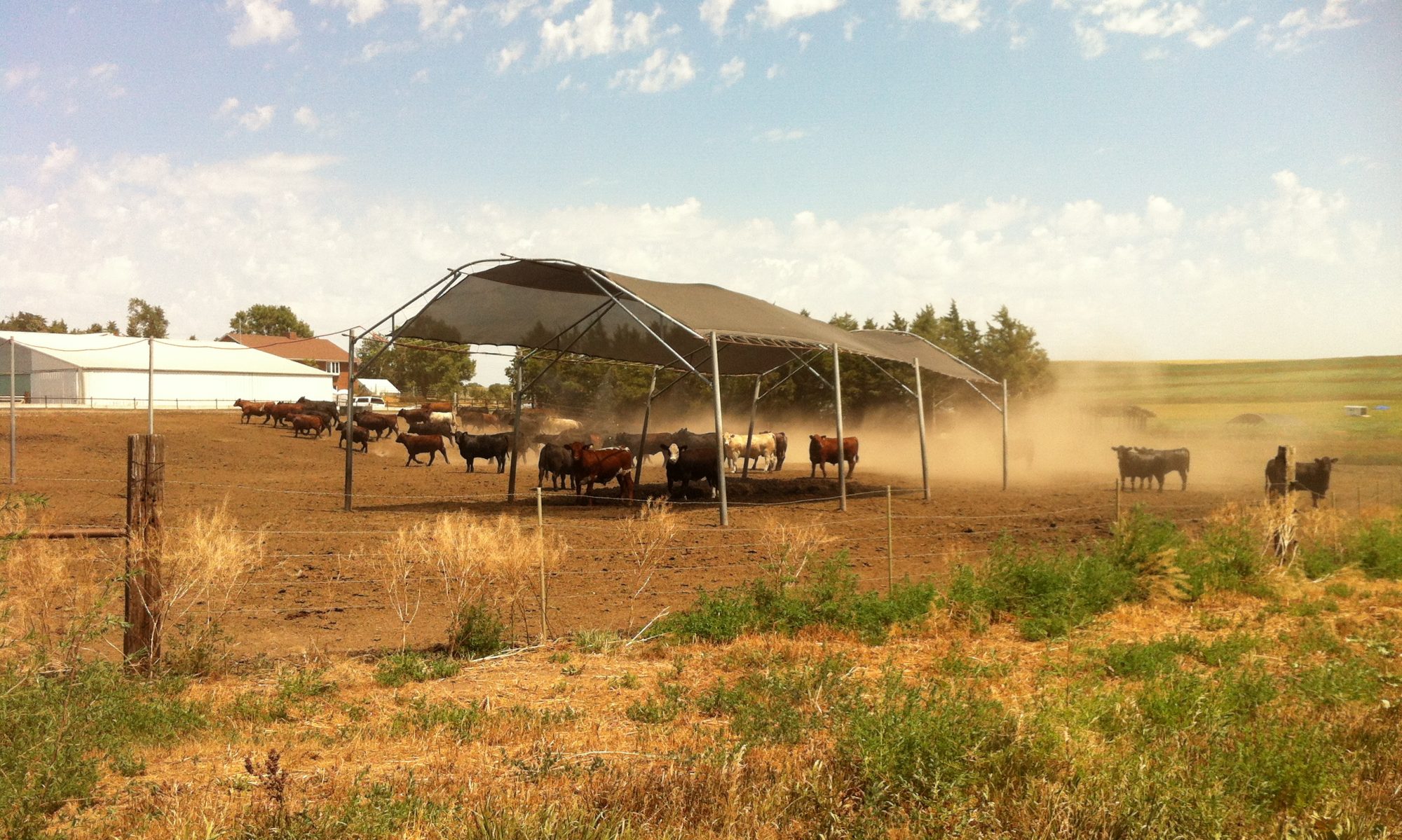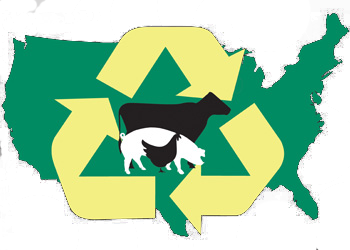![]() Waste to Worth home | More proceedings….
Waste to Worth home | More proceedings….
Abstract
Seeing is believing and in August, 2012 a regional field day was held in southern Michigan in conjunction with the Michigan Land Improvement Contractors and Michigan State University Extension to bridge the management practices and new technologies between tile drainage and manure management. Tile drainage contractors, farmers and agri-business had the opportunity to see sub surface drainage installation and also learn about new management technologies to assist in reducing the risks of both manure and fertilizers from reaching tile outlets and surface waters. These technologies included installation of water control devices, bark bed bio-reactors, sub-irrigation to manage dairy waste water, cover crops and tillage to disrupt soil macropoures. The field demonstrations were teamed up with educational sessions under tents. Planning and developing a field event with onsite drainage installations is a time commitment but proves very important for awareness and education on an important topic.
Why Have Field Days on Tile Drainage and Manure?
As manure systems have become more dilute with the capture of rain and runoff waters, the risks of nutrients and manure reaching sub-surface tile drainage from land applications has become a concern that can be managed.
|
Check Out These Programs & Research About Tile Drainage Swine Manure Timing & Subsurface Drainage Use of Filters in Drainage Control Structures |
What Did We Do?
With very dilute manure and wastewater manure steams on farms, there is a risk of land applications reaching sub-surface drainage systems. These risks can be reduced and or eliminated first by awareness, then by checking outlets during land applications and by conscience management of rates and timing of applications. For farms that feel they need additional precautions to reduce these risks there are other management systems that can be put in place. By hosting a field demonstration of sub-surface tile installation a two day field event showed these management practices to farmers, drainage installers and others who attended the event in August of 2012 in SE Michigan. Tour demonstrations included cover crops, tillage, water control structures, bio-filters and general rate and timing recommendations.
Authors
Natalie Rector, Michigan State University Extension (retired) rector@msu.edu
Natalie Rector has worked in manure nutrient management and water quality protection for the last 12 years of her Michigan extension career. She worked on a voluntary protection program in state and has worked with a team to train CNMP providers across the mid-west.
The authors are solely responsible for the content of these proceedings. The technical information does not necessarily reflect the official position of the sponsoring agencies or institutions represented by planning committee members, and inclusion and distribution herein does not constitute an endorsement of views expressed by the same. Printed materials included herein are not refereed publications. Citations should appear as follows. EXAMPLE: Authors. 2013. Title of presentation. Waste to Worth: Spreading Science and Solutions. Denver, CO. April 1-5, 2013. URL of this page. Accessed on: today’s date.

